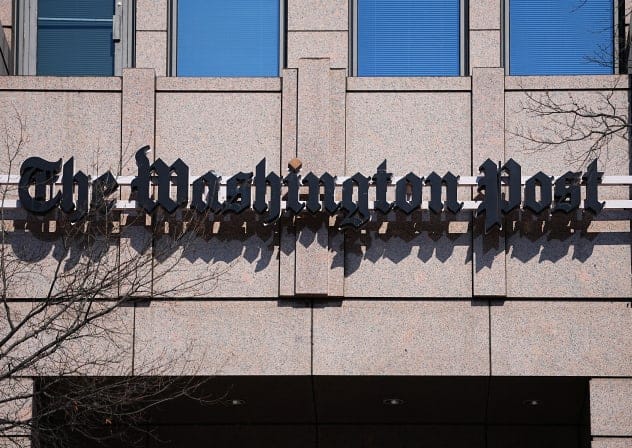Pahlavi or Khamenei: Iran is at a crossroads - opinion
The West keeps mistaking regime survival tactics for reform; the Iranians know better and have paid with their lives.

The West keeps mistaking regime survival tactics for reform; the Iranians know better and have paid with their lives.




True prayer lights the heart and softens the soul; it cannot be weaponized without losing meaning.

When The Washington Post cut Middle East reporters, it weakened US news and political insight.

Israel extended its sovereignty to the Golan Heights. The difference between extending sovereignty and annexing is important and instructs Israel's future policies.

After October 7, not one serious Evangelical leader in the world flinched in the face of the new antisemitism, and many have doubled down in their friendship.

Her over-the-top antisemitic views seem to be an offshoot of her desire to please her Jew-hating supporters and benefactors, to the point where she even compared Israel to Nazi Germany.

Months after the twelve-day war, a systematic review of Iranian internal communications reveals that Iran copied Trump's method, refined it, and is running it back against him.

American higher education is being inundated by influence operations from Qatar, which constitute a possible national security threat.

There is a crucial fact that Western observers consistently forget: The worst violence against Iranian protesters has always occurred under so-called “reformist” governments.

On October 7, polls showed that roughly 70 percent of Gazans and 80% of West Bank Palestinians expressed support for Hamas. This is indicative of a culture in need of change.

In many ways, this makes Judea and Samaria a new Israeli region, similar to Gush Dan or Shfela, thus preventing any territorial concession, let alone the creation of a Palestinian state.
